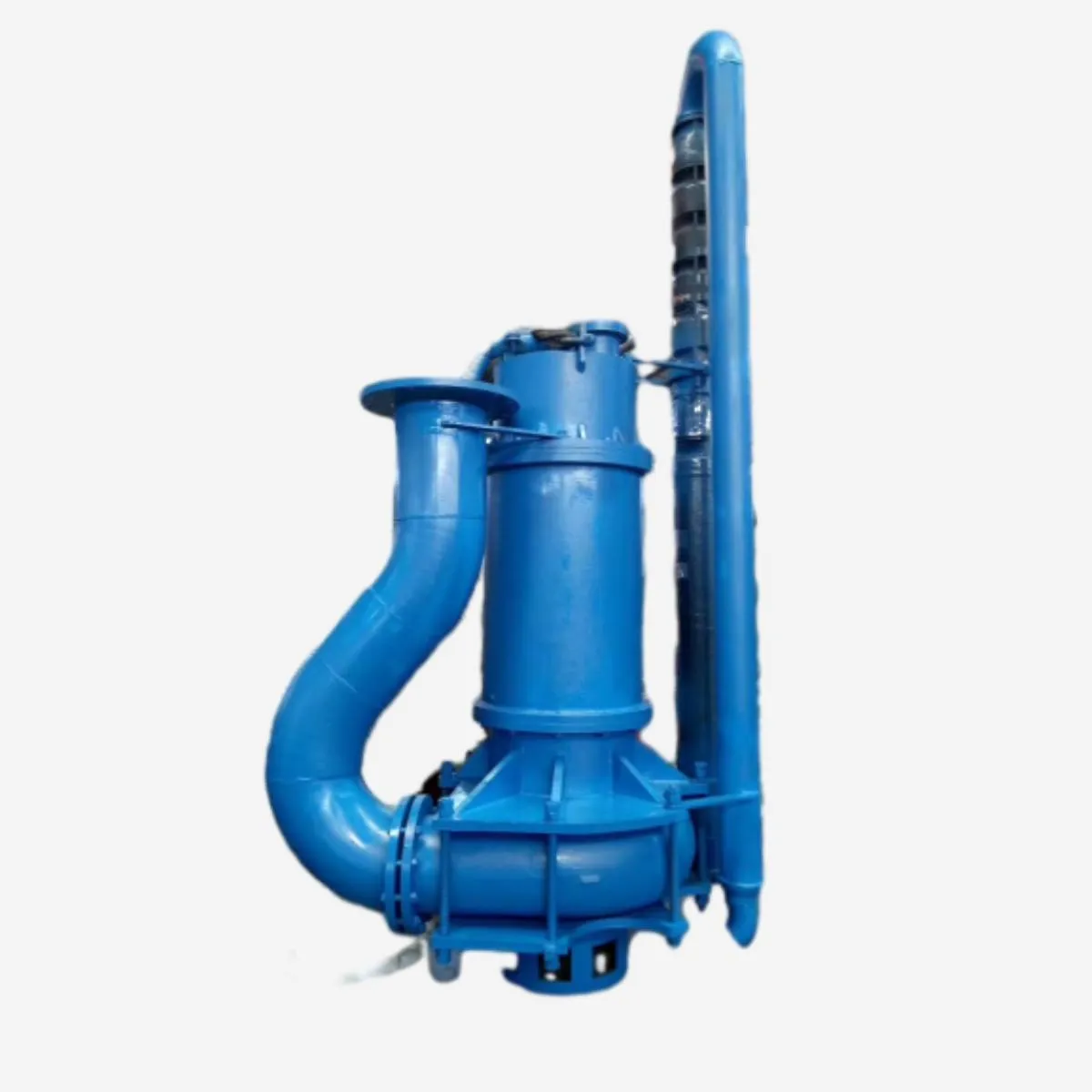English
- Afrikaans
- Albanian
- Amharic
- Arabic
- Armenian
- Azerbaijani
- Basque
- Belarusian
- Bengali
- Bosnian
- Bulgarian
- Catalan
- Cebuano
- Corsican
- Croatian
- Czech
- Danish
- Dutch
- English
- Esperanto
- Estonian
- Finnish
- French
- Frisian
- Galician
- Georgian
- German
- Greek
- Gujarati
- Haitian Creole
- hausa
- hawaiian
- Hebrew
- Hindi
- Miao
- Hungarian
- Icelandic
- igbo
- Indonesian
- irish
- Italian
- Japanese
- Javanese
- Kannada
- kazakh
- Khmer
- Rwandese
- Korean
- Kurdish
- Kyrgyz
- Lao
- Latin
- Latvian
- Lithuanian
- Luxembourgish
- Macedonian
- Malgashi
- Malay
- Malayalam
- Maltese
- Maori
- Marathi
- Mongolian
- Myanmar
- Nepali
- Norwegian
- Norwegian
- Occitan
- Pashto
- Persian
- Polish
- Portuguese
- Punjabi
- Romanian
- Russian
- Samoan
- Scottish Gaelic
- Serbian
- Sesotho
- Shona
- Sindhi
- Sinhala
- Slovak
- Slovenian
- Somali
- Spanish
- Sundanese
- Swahili
- Swedish
- Tagalog
- Tajik
- Tamil
- Tatar
- Telugu
- Thai
- Turkish
- Turkmen
- Ukrainian
- Urdu
- Uighur
- Uzbek
- Vietnamese
- Welsh
- Bantu
- Yiddish
- Yoruba
- Zulu
Telephone: +86 13120555503
Email: frank@cypump.com
Oct . 15, 2024 17:36 Back to list
chemical processing pumps
Understanding Chemical Processing Pumps
Chemical processing pumps play a crucial role in various industrial applications, ensuring the safe and efficient transport of liquids through diverse systems. These pumps are specifically designed to handle corrosive, viscous, and abrasive fluids commonly found in chemical manufacturing and processing plants. Their selection and maintenance are critical for operational success and safety.
One of the primary types of pumps used in chemical processing is the centrifugal pump. This pump operates by converting rotational energy into the kinetic energy of the fluid. Centrifugal pumps are typically favored due to their ability to handle large volumes of fluids at low pressures. They are particularly effective for transferring low-viscosity fluids, such as water or solvents. However, when dealing with more viscous materials, positive displacement pumps may be more suitable. These pumps trap a fixed amount of fluid and transport it at a constant rate, making them ideal for thicker liquids like slurries or polymers.
Materials of construction are a critical consideration when selecting a chemical processing pump. Since many chemicals can be highly corrosive or reactive, pumps must be made from suitable materials such as stainless steel, PTFE, or specialized alloys to ensure longevity and prevent contamination. Additionally, the design of the pump, including seals and gaskets, must be tailored to withstand the specific chemical properties of the fluids being handled.
chemical processing pumps

Another essential factor in the operation of chemical processing pumps is the need for regular maintenance
. Routine inspections and monitoring can prevent catastrophic failures and costly downtimes. Maintenance practices may include checking for wear and tear, ensuring seals are functioning correctly, and monitoring vibration levels to identify potential issues early.Safety protocols are paramount in chemical processing environments. Pumps should adhere to industry standards, and operators must be trained to handle chemicals safely. Having appropriate safety measures, such as emergency shutdown systems and leak detection technologies, can mitigate risks associated with pump failures.
In summary, chemical processing pumps are indispensable in the efficient movement of various liquids in industrial applications. Understanding the types of pumps available, the materials used, and the importance of maintenance and safety protocols ensures that chemical processing operations run smoothly and effectively. Investing in the right pumping solutions not only enhances productivity but also safeguards against the inherent risks of handling chemical substances.
-
ISG Series Vertical Pipeline Pump - Chi Yuan Pumps Co., LTD.|Advanced Hydraulic Design&Energy-Efficient Solutions
NewsJul.30,2025
-
ISG Series Vertical Pipeline Pump - Chi Yuan Pumps Co., LTD.
NewsJul.30,2025
-
ISG Series Vertical Pipeline Pump - Chi Yuan Pumps Co., LTD.|energy-efficient fluid handling&industrial durability
NewsJul.30,2025
-
ISG Series Vertical Pipeline Pump - Chi Yuan Pumps | Advanced Engineering&Industrial Efficiency
NewsJul.30,2025
-
ISG Series Pipeline Pump - Chi Yuan Pumps | High Efficiency, Energy Saving
NewsJul.30,2025
-
ISG Series Vertical Pipeline Pump-Chi Yuan Pumps|High Efficiency&Reliable Performance
NewsJul.29,2025










